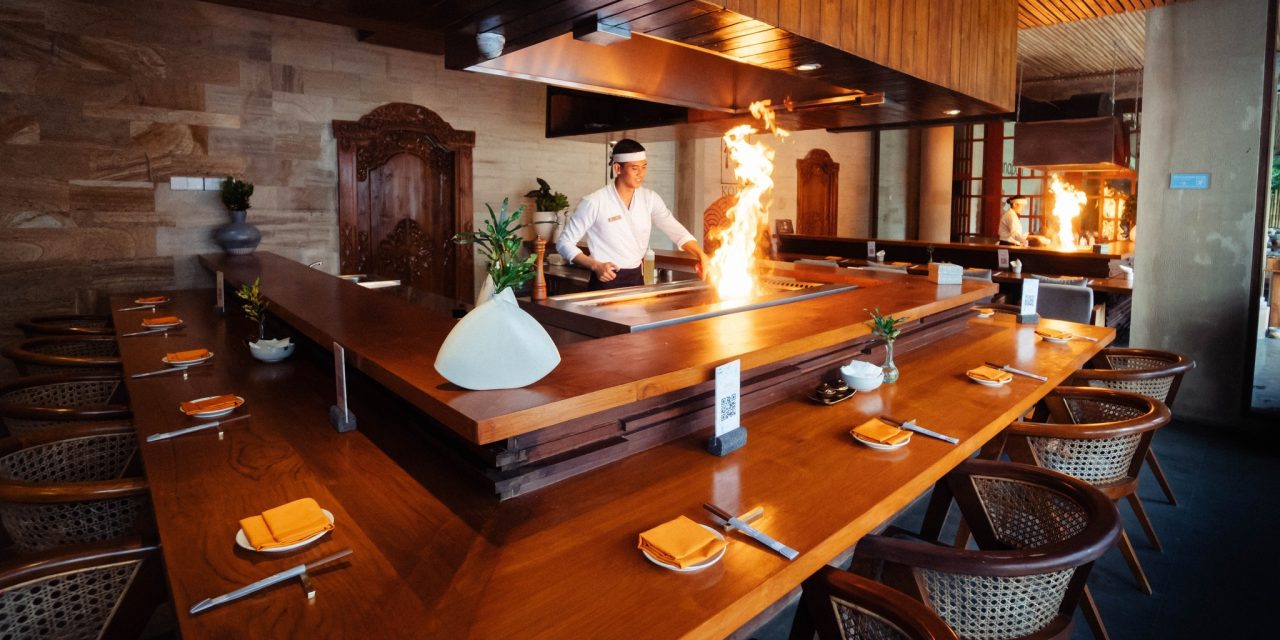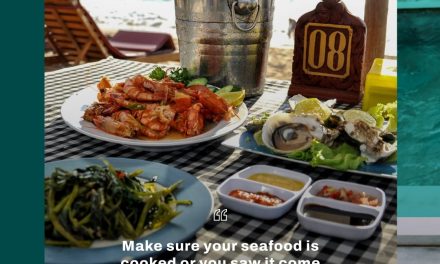When you think of Bali, images of stunning beaches and vibrant nightlife might come to mind. However, nestled in the lush greenery of Ubud are enchanting coffee plantations that offer a truly unique experience. As a coffee lover and frequent traveler, visiting these plantations not only satisfied my caffeine cravings but also enriched my understanding of coffee culture in Bali. Let me take you on a journey through the unique experiences waiting for you in Ubud’s coffee plantations.
The Aroma of Freshly Ground Coffee
Stepping into a coffee plantation in Ubud is like entering a paradise for the senses. Imagine the warm sun on your back, a light breeze tickling your face, and the intoxicating aroma of freshly ground coffee beans wafting through the air. On my first visit, I was greeted by a local farmer who took immense pride in his craft. I remember him grinning widely as he handed me a cup of Kopi Luwak, known as the world’s most expensive coffee.
Pro Tip: Don’t be shy to ask for the story behind the beans. Each plantation has its unique narrative, and the farmers love sharing their passion for coffee.
The Cacao Connection
While Ubud is famous for its coffee, it’s also the home of delightful cacao farms. One memorable afternoon, I joined a workshop where we learned how to make chocolate from scratch. The rich, creamy texture of freshly made chocolate, combined with the ethereal scent of cacao pods, created an unforgettable experience.
As I stood there, grinding cacao beans and mixing them with palm sugar and coconut milk, I felt connected to the land and its rich agricultural heritage. The joy of tasting my own creation was unparalleled—it gave me a newfound respect for the intricate process behind my favorite treats.
Relatable Scenario: Imagine sharing this experience with friends or family, laughing over who could munch on the most choco-covered bananas. It’s those moments that bond us and create lasting memories.
Coffee Tasting: An Art Form
Visiting a coffee plantation isn’t just about seeing how coffee is grown; it’s about tasting it, too! Many plantations offer guided tastings where you can sample various brews while learning about their distinct flavour profiles.
During one of my tastings, I was amazed to learn about the difference between Arabica and Robusta coffee. As I sipped on a rich Arabica, the notes of caramel and chocolate danced on my tongue—a stark contrast to the bolder, earthier Robusta.
Advice for Readers: Instead of rushing through the tasting, take your time. Savor each sip, and try to identify the flavors. You may just discover a new favorite brew!
The Ubud Coffee Culture
The culture surrounding coffee in Ubud is as rich as its flavors. Many plantations embrace sustainability and ethical farming practices, offering a glimpse into the harmonious relationship between the farmers and the land. I had the chance to meet a group of local farmers who explained their organic farming methods, which have been passed down through generations.
Their passion for preserving the land was contagious, and I found myself engaging in meaningful conversations about sustainability and environmental consciousness. It was a gentle reminder that every sip of coffee comes with a story—a narrative of care and hard work.
Insight: Consider supporting these local farmers by purchasing their products. Not only will you enjoy exquisite coffee at home, but you’ll also be contributing to the preservation of their culture and practices.
Sunrise and Coffee: A Perfect Pair
If you’re an early bird, I highly recommend participating in a sunrise coffee tour. Watching the sun rise over the emerald hills while sipping on a fresh cup of coffee is an experience unlike any other. During my sunrise tour, the sky transitioned from deep indigo to brilliant shades of pink and orange, reflecting off the rice paddies below.
Personal Anecdote: I sat there with a few fellow travelers, sharing stories and laughter as the world slowly awoke around us. The tranquility of that morning held a special place in my heart, reminding me of the beauty of slowing down and appreciating life’s simple pleasures.
Beyond Coffee: Exploring Local Delicacies
Finally, a visit to a coffee plantation isn’t complete without indulging in local delicacies. Many plantations serve traditional Balinese snacks, such as *pisang goreng* (fried bananas) and *klepon* (sweet rice cake balls filled with palm sugar). Pairing these treats with a fresh brew of coffee enhances the flavors and creates a delightful culinary experience.
After one of my tastings, I found myself enjoying crispy *pisang goreng* dipped in local honey, leaving me wanting more. The flavors of the snacks complemented the coffee perfectly, and I couldn’t help but think how lucky I was to be experiencing Ubud’s culinary treasures.
Final Thoughts
Visiting coffee plantations in Ubud is not just about sipping coffee; it’s about immersing yourself in a unique experience that connects you to the land, its people, and their stories. Whether it’s the aroma of roasting beans, the thrill of making chocolate, or the beauty of a sunrise while sipping a cup, there’s so much to discover.So, if you find yourself in Bali, don’t just stick to the beaches. Venture into Ubud and indulge in the unique experiences that the coffee plantations have to offer. You’ll leave with a heart full of memories and perhaps a new favorite coffee to share with friends back home.






